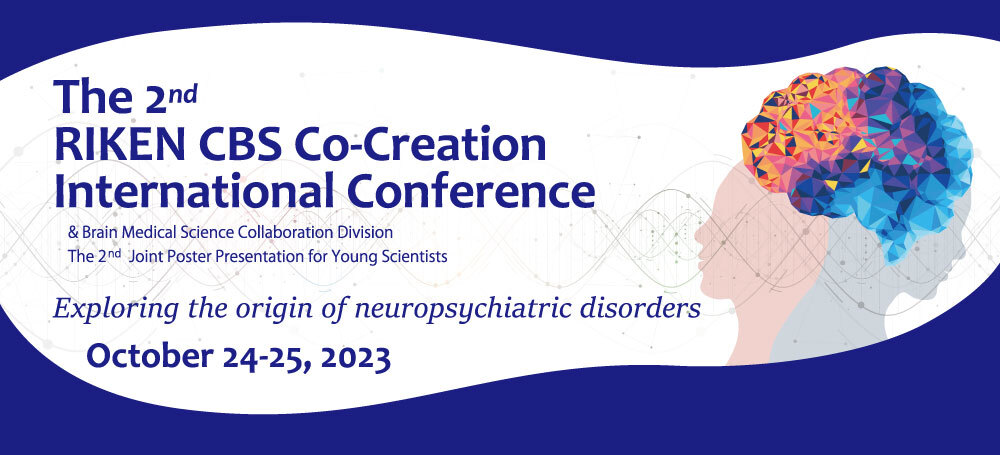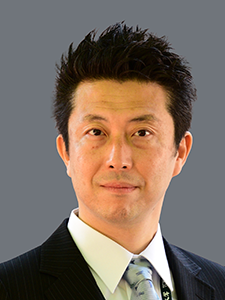

“Modeling psychiatric disorders with iPS cell technology and disease mouse models”
Dr. Takanobu Nakazawa CV
Graduate School of Life Sciences, Tokyo University of Agriculture
Abstract
Previous studies have identified an abnormal central nervous development and impaired synaptic function as the candidate pathogenesis of psychiatric disorders, such as autism spectrum disorders. However, much remains unknown about the molecular and cellular pathogenesis of these disorders. Induced pluripotent stem cell (iPSC) technology has enabled to generate patient-derived neural cells that retain their genetic information. For unraveling the disease-associated neuronal dysfunction, it is also important to conduct behavioral analyses using a disease mouse model by introducing genetic mutations occurring in patients. Pogo transposable element derived with ZNF domain (POGZ) gene has been identified as one of the most recurrently de novo mutated genes in patients with autism spectrum disorders. Here I introduce our recent molecular and cellular studies of the de novo mutation on the POGZ gene using iPSCs from a patient with a de novo mutation on the POGZ gene and disease mouse models by introducing the genetic mutation occurring in the patient. Since symptoms of autism spectrum disorders are diverse and may vary from patient to patient, it may be important to analyze iPSC-derived differentiated neurons from patients with genetic and clinical data as well as relevant disease mouse models for stratifying the disease based on molecular pathogenesis, which ultimately lead to the success of central nervous system drug development.
References
- Nakazawa, Neuroscience Research, 175:46-52 (2022) (review).
- Kitagawa et al., Molecular Brain, 14:56 (2021).
- Matsumura et al., Nature Communications, 11:859 (2020).
Biographical Sketch
Takanobu Nakazawa is a Professor in the Graduate School of Life Sciences, Tokyo University of Agriculture. He obtained his B. Sc in agricultural chemistry from University of Tokyo, and his Ph.D. in medical science from University of Tokyo in 2002. Following his Ph.D., he was a postdoctoral fellow with Professor Tadashi Yamamoto at the Institute of Medical Science, University of Tokyo, where he studied the molecular and cellular mechanisms of higher brain function, including the role of tyrosine phosphorylation of the NMDA receptor in learning and memory. In 2013, he became an Associate Professor at the Graduate School of Pharmaceutical Sciences, Osaka University, starting to focus on the modeling psychiatric disorders using iPSC technology. In 2020, he moved to Tokyo University of Agriculture, where he has developed patients’-derived iPSCs and the relevant disease-model mice to study the molecular and cellular pathogenesis of psychiatric disorders. He is also focusing on the molecular and cellular mechanisms underlying the effect of nutritional and environmental factors on cognitive and social function. He concurrently serves as a visiting Professor at Osaka University.



